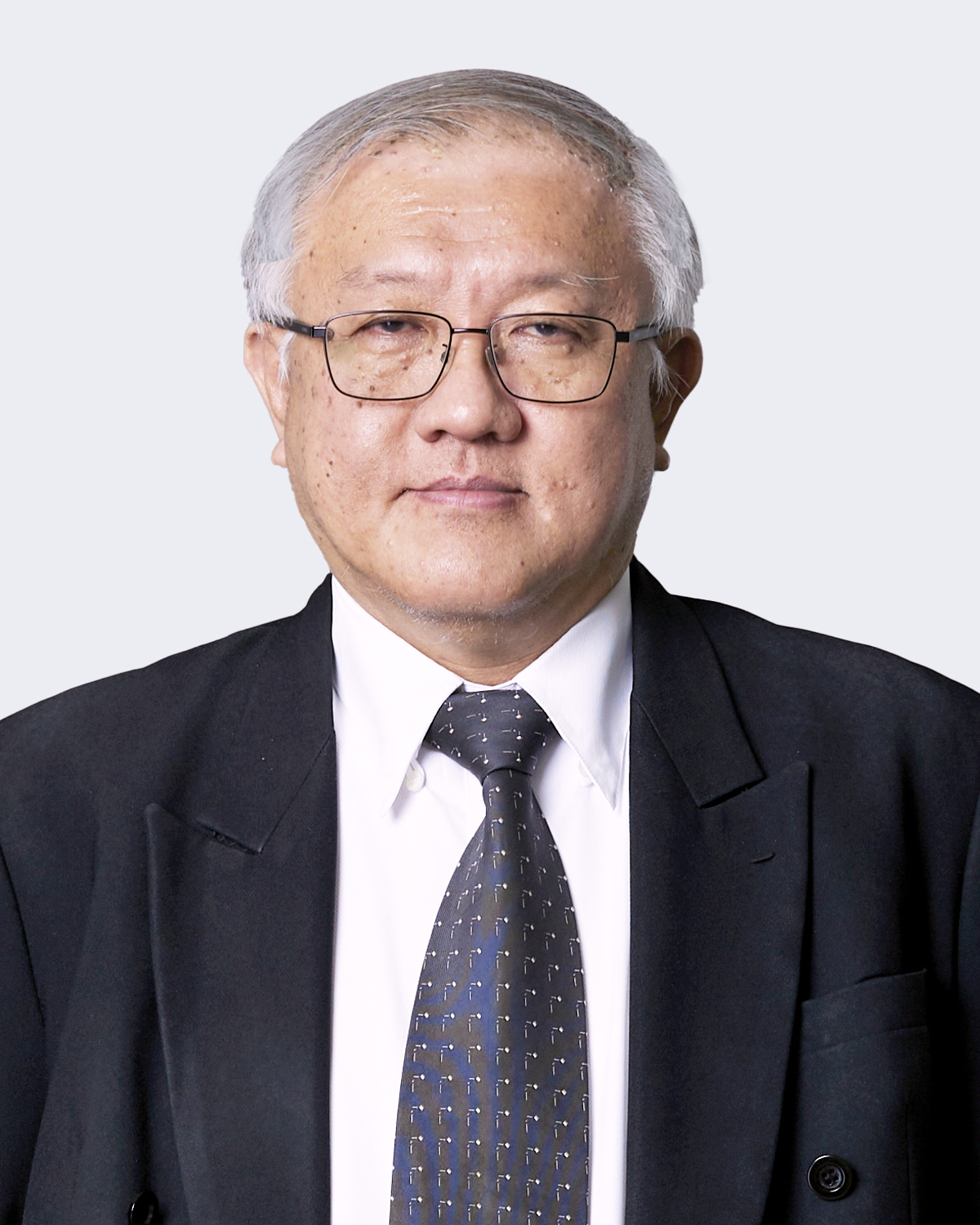Thailand’s Energy Regulatory Commission (ERC) has issued four new regulations under the Energy Business Act B.E. 2550 (2007) setting forth competition regimes to control both anticompetitive conduct and market structure in the energy business sector. The regulations were published in the Government Gazette on December 19, 2022, and took effect the following day.
The key provisions of these ERC competition regulations largely mirror those articulated in the Trade Competition Act B.E. 2560 (2017) and its subordinate legislation. The most significant features of these competition regulations are summarized below.
Market Definition Regulation
The ERC’s market definition regulation (officially the ERC Regulation re: Market Definition and Relevant Market of Related Energy Services B.E. 2565) outlines the general framework for defining relevant markets in the energy sector. The factors to be taken into consideration include types of energy licenses, geographical areas, competition conditions, and interchangeability of energy services. In the annex to this regulation, the ERC has classified the relevant energy service markets as follows:
- Power business activities include power generation, power transmission system services, power distribution system services, power distribution services, and power system control services.
- Natural gas business activities include natural gas transmission through pipelines via natural gas transmission systems, natural gas procurement and wholesale via natural gas distribution systems, natural gas retail via natural gas distribution systems, and storage and regasification of liquefied natural gas.
The ERC will review its market definitions and relevant energy service markets from time to time, taking into account changes in technology and competition conditions as well as feedback from public hearings.
Market Dominance Regulation
Under the ERC’s market dominance regulation (officially the ERC Regulation re: Criteria on Business Operator having a Market Dominance B.E. 2565), the ERC is empowered to proactively determine and declare which license-holding energy business operators have a dominant position or significantly dominant position under its criteria, subject to public hearing and objections from the business operators concerned. The ERC can also request market data from business operators for these purposes. In addition, the ERC assumes authority to impose measures on business operators to prevent potential harm to competition or eliminate competition concerns.
Anticompetitive Conduct Regulation
The ERC’s anticompetitive conduct regulation (officially the ERC Regulation re: Rules and Measures on Monopoly, Reduction and Restriction on Competition in Energy Businesses B.E. 2565) aims to prevent license-holding energy business operators from unilaterally or jointly undertaking actions that may cause monopolization of—or reduction or restriction of competition in—energy service markets. However, the anticompetitive conduct regulation does not clarify or list examples of anticompetitive conduct; rather, the ERC will investigate and decide on a case-by-case basis regarding the conduct’s potential harm to competition and its effects in each relevant energy service market.
All energy business operators must notify the ERC immediately in the following cases:
- They are aware of any conduct that may lead to monopolization or to reduction or restriction of competition;
- They are harmed by anticompetitive conduct by other license holders; or
- A license holder gains or may gain a dominant position in an energy service market.
An investigation and inquiry can be initiated with either a complaint from a license holder or by the ERC itself. The ERC has authority to impose specific remedies to suppress anticompetitive conduct, including cease-and-desist orders, administrative fines, orders to separate certain businesses’ accounting systems, obligation to disclose information to or notify the ERC, ERC determination of service prices or fees, and obligation to provide services to other license holders.
Merger and Cross-Shareholding Regulation
The ERC’s merger and cross-shareholding regulation (officially the ERC Regulation re: Rules and Procedures on Merger and Cross-Shareholding in Energy Businesses, B.E. 2565) repeals the previous merger control regulation for energy businesses and sets forth a new set of regimes to control mergers and acquisitions between two or more license holders in the energy industry. Under this regulation, “mergers” include mergers, amalgamation and acquisitions of assets, and direct and indirect acquisitions of shares as defined by the regulation. Cross-shareholding between license holders is also subject to control by the ERC.
- Preapproval requirement: License holders that wish to proceed with a merger or cross-shareholding transaction must seek approval from the ERC at least 60 days in advance. Supporting documents that the concerned parties must submit include objectives and plan, market analysis, and an impact assessment report. In approving the merger, the ERC will reflect on potential harm to competition, the effect on the license holders’ contractual parties, and impact on stability of energy and public interests, as well as whether it is a merger with a failing company.
- Pretransaction reporting requirement: Energy license holders only need to submit a premerger report (instead of a preapproval application) to the ERC if the license holder can prove that after the merger is completed, the total assets, revenue, or value of assets acquired from other license holders will not exceed the threshold prescribed by the regulation.
These requirements also apply to a merger by a license holder’s controlling entity, parent entity, subsidiary, or affiliate.
Implications
The announcement of these four new competition regulations by the ERC signals its intention to combat anticompetitive behaviors and market concentration. This also presages more stringent enforcement by the ERC to relieve competition concerns and ensure free and fair competition in the energy industry. License holders and business operators active in the relevant energy business markets should be prepared for stricter controls and more stringent duties to seek approval from, notify, or report to the ERC as a result of the triggering events prescribed in these ERC regulations.
For more information on internal competition compliance, or any aspect of the regulatory regime for energy businesses in Thailand, please contact Kobkit Thienpreecha at [email protected], Supasit Boonsanong at [email protected], Nutavit Sirikan at [email protected], or Kobchai Nitungkorn at [email protected].








